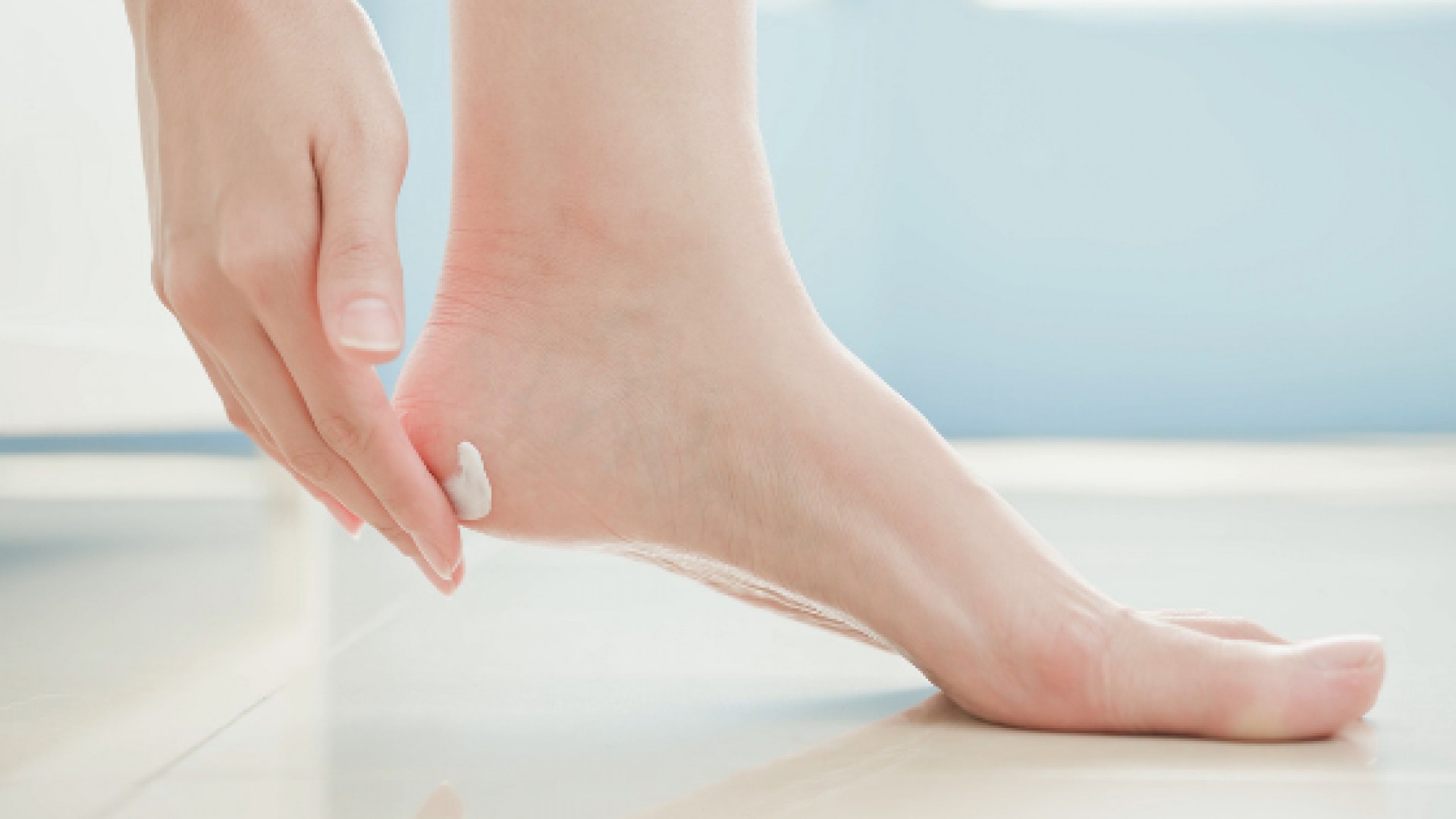If you have diabetes, nerve damage, circulation problems, and infections can lead to serious foot problems. However, you can take precautions to maintain healthy feet.
Managing your diabetes and maintaining a healthy lifestyle helps keep your feet healthy. This should include:
- regular medical exams, including foot checks at every visit and checking your ABCs (A1c, blood pressure, and cholesterol)
- monitoring your blood sugar daily
- regular exercise
- eating a balanced diet rich in fruits and vegetables
You can help prevent serious foot problems by following a good foot care regimen.
Daily foot care
Here are a few foot care habits you can adopt and try to do every day.
1. Inspect your feet
Check your feet and toes, inspecting the tops, sides, soles, heels, and the area in between the toes. If you’re physically unable to inspect your own feet, use a mirror or ask someone to help. Contact your doctor immediately if you discover any sores, redness, cuts, blisters, or bruises.
2. Wash your feet
Wash your feet every day in warm water with mild soap. Hot water and harsh soaps can damage your skin. Check the water temperature with your fingers or elbow before putting your feet in. Your diabetes may make it difficult to sense water temperature with your feet.
3. Dry your feet
Pat your feet to dry them and make sure to dry well. Infections tend to develop in moist areas, so make sure you dry the area between your toes well.
4. Moisturize dry skin
If the skin on your feet feels rough or dry, use lotion or oil. Do not use lotion between your toes.
Healthy foot habits
Following good foot care habits will go a long way toward keeping your feet healthy. Here are a few helpful tips.
- Antiseptic solutions can burn your skin. Never use them on your feet without your doctor’s approval.
- Never use a heating pad, hot water bottle, or electric blanket on your feet.
- Avoid walking barefoot. Most people know to avoid hot pavement or sandy beaches, but even walking barefoot around the house can cause sores or injuries that can get infected.
- Protect your feet from heat and cold.
- Never attempt to remove corns, calluses, warts, or other foot lesions yourself. Don’t use chemical wart removers, razor blades, corn plasters, or liquid corn or callus removers. See your doctor or podiatrist.
- Don’t sit with your legs crossed or stand in one position for long periods of time.
Reference:

